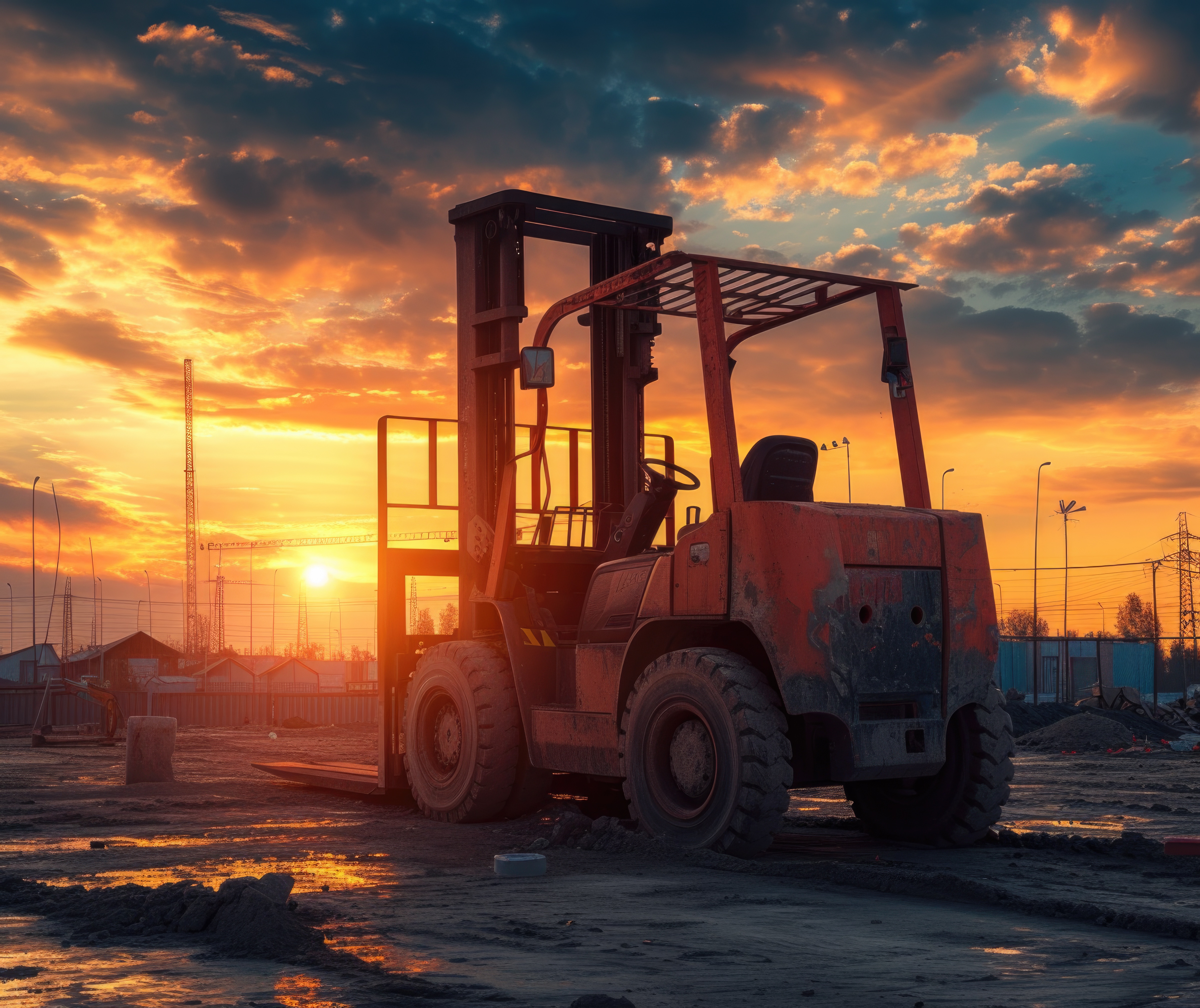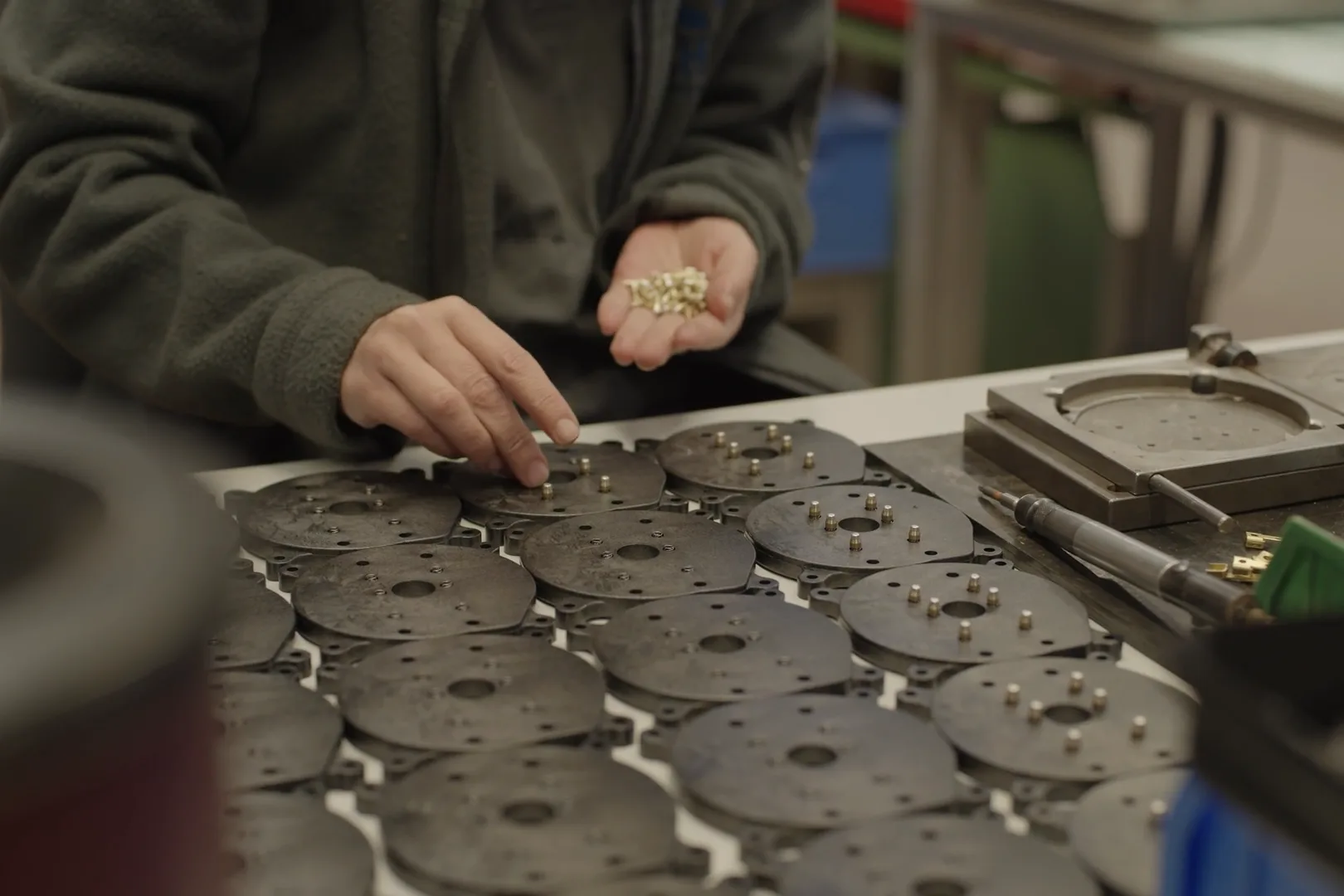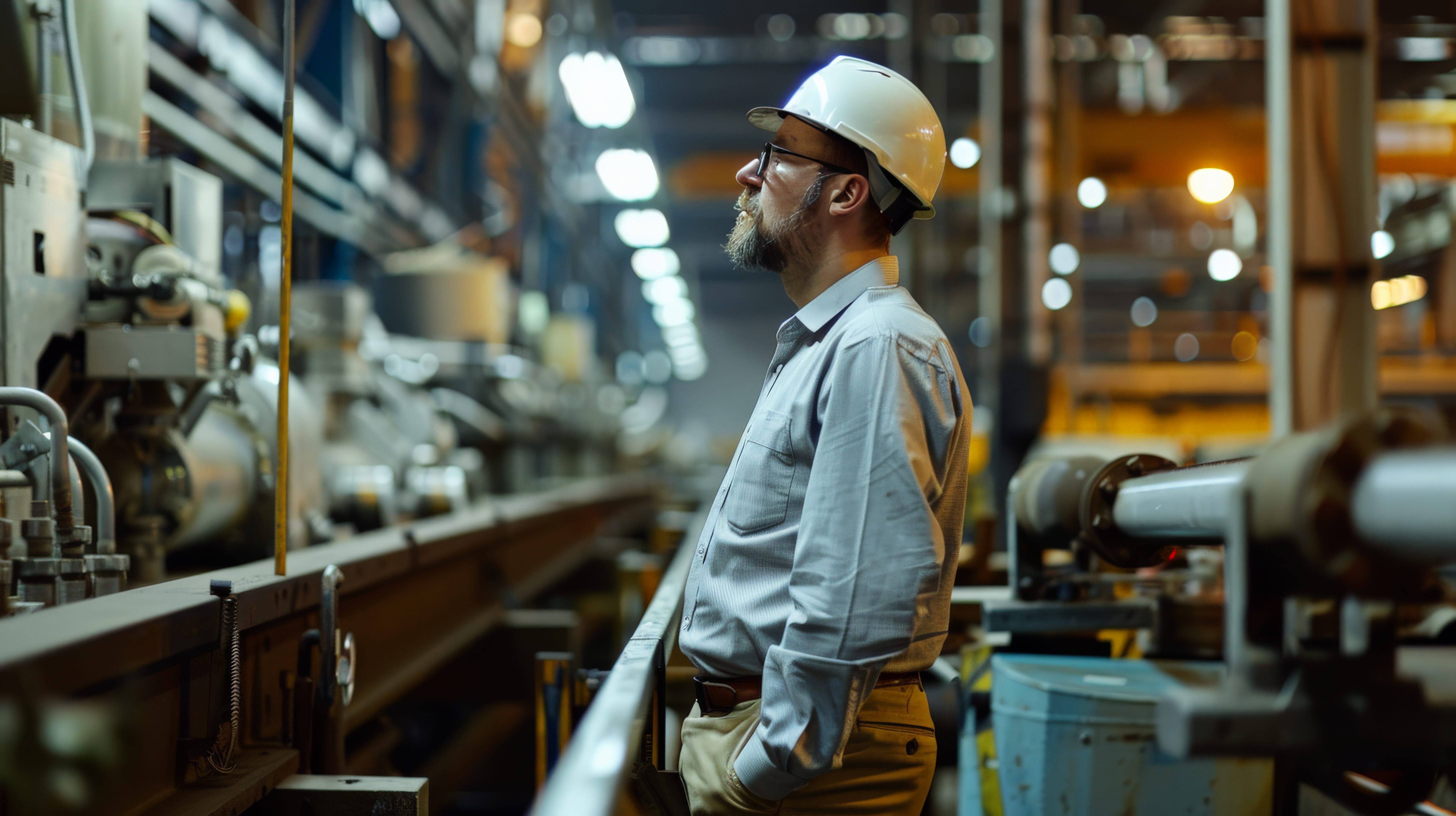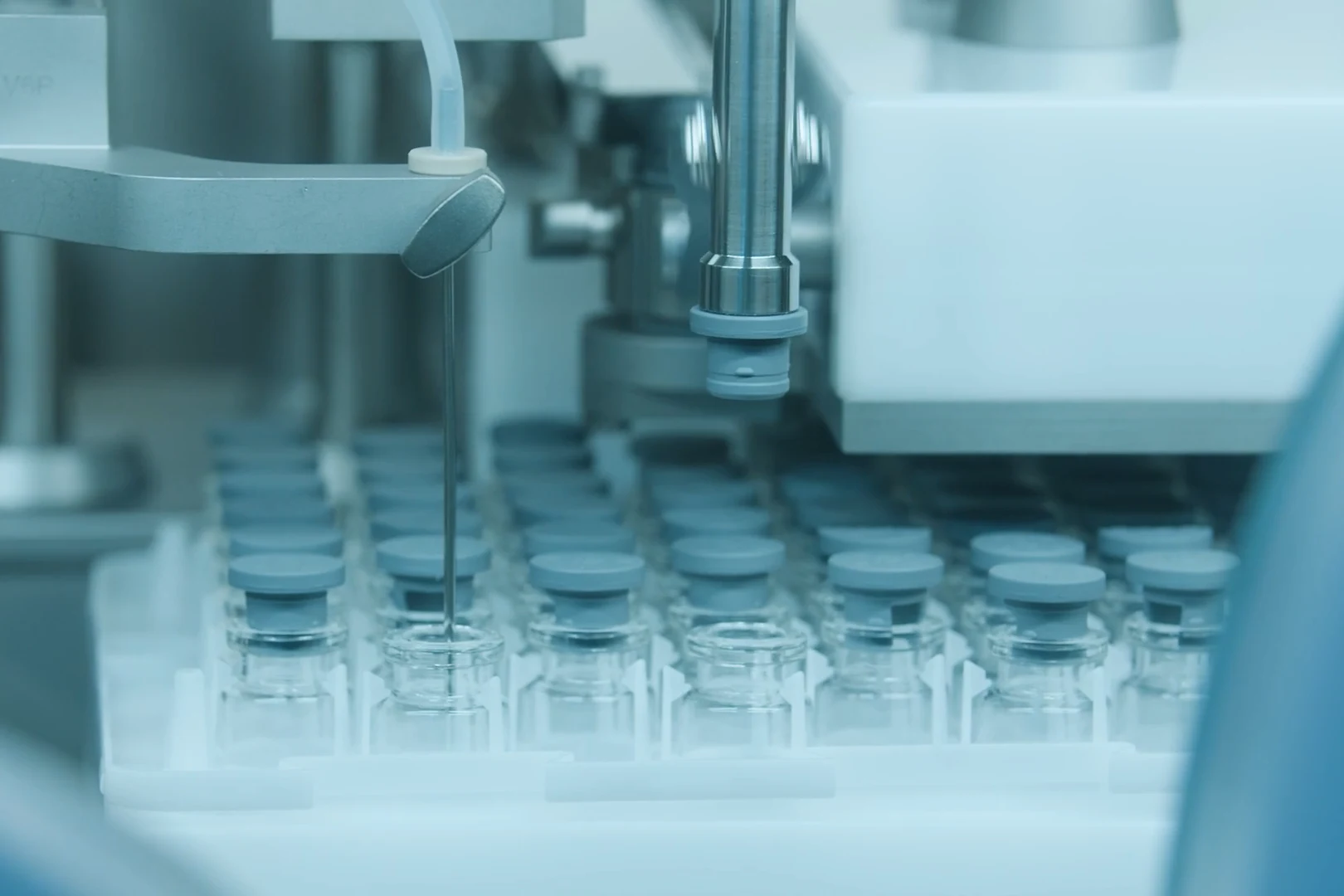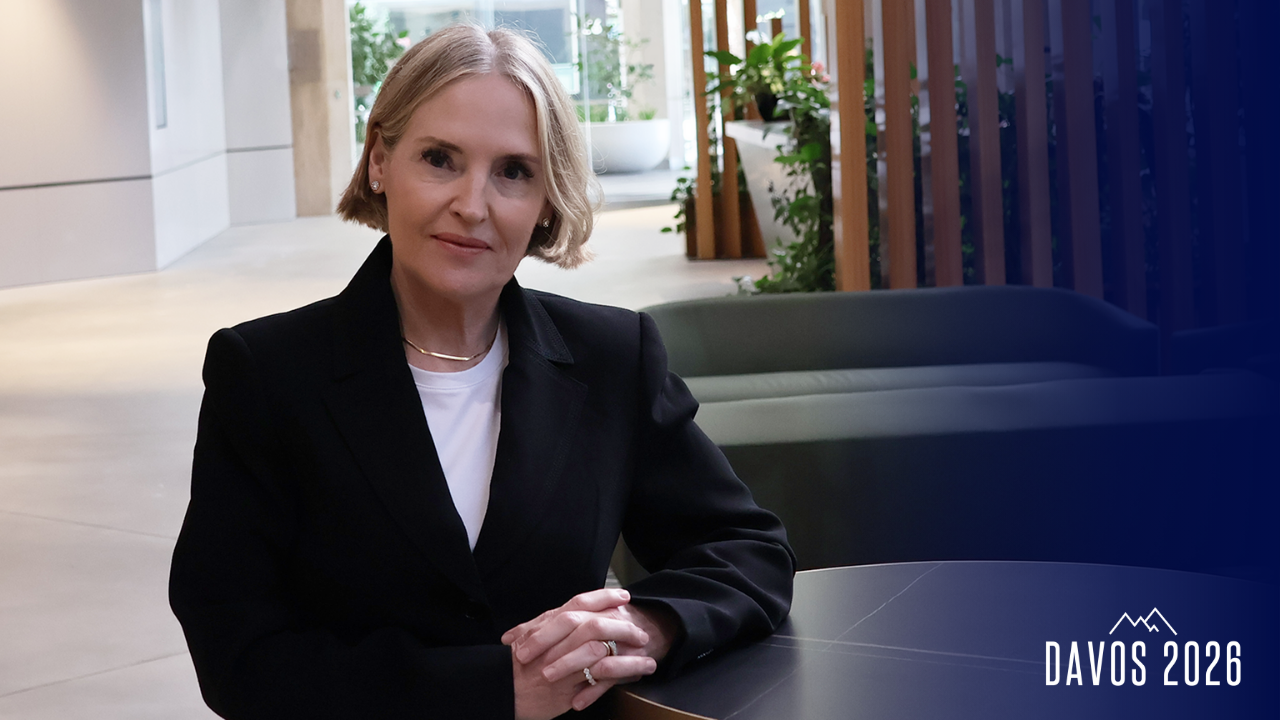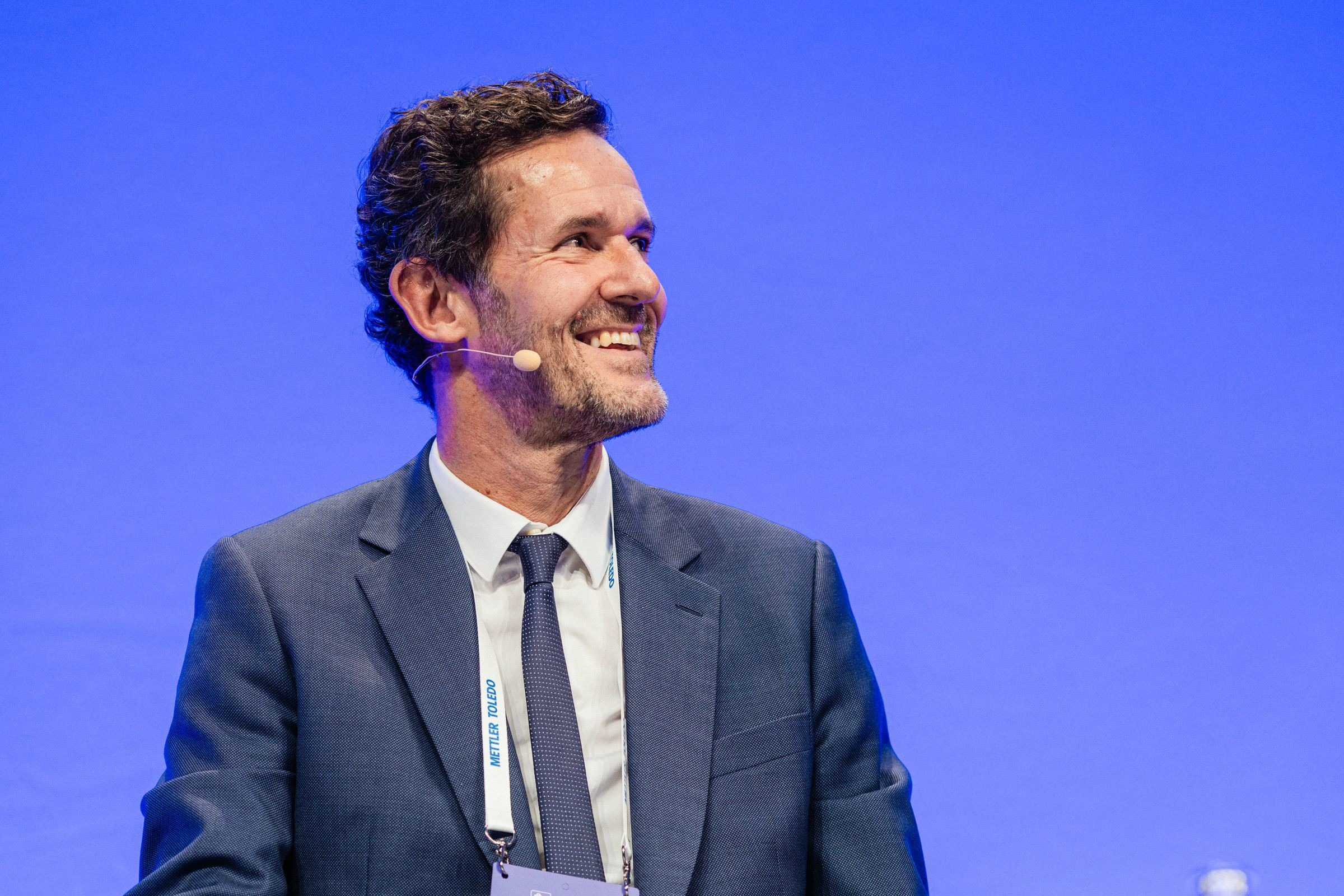Producing Green Molecules at Scale: the Key to Accelerating Global Decarbonization

The world needs a rapid scale up of green molecule projects to limit the effects of global warming and decarbonize the global energy system
We urgently need to accelerate the energy transition
Combating climate change is one of the greatest challenges of our lifetime. With 2024 set to be the hottest year on record, the extreme weather events suffered serve as a stark reminder of the urgent need to transition to sustainable energy sources and reduce global emissions. We need immediate and sustained action to mitigate the effects of climate change before it’s too late.
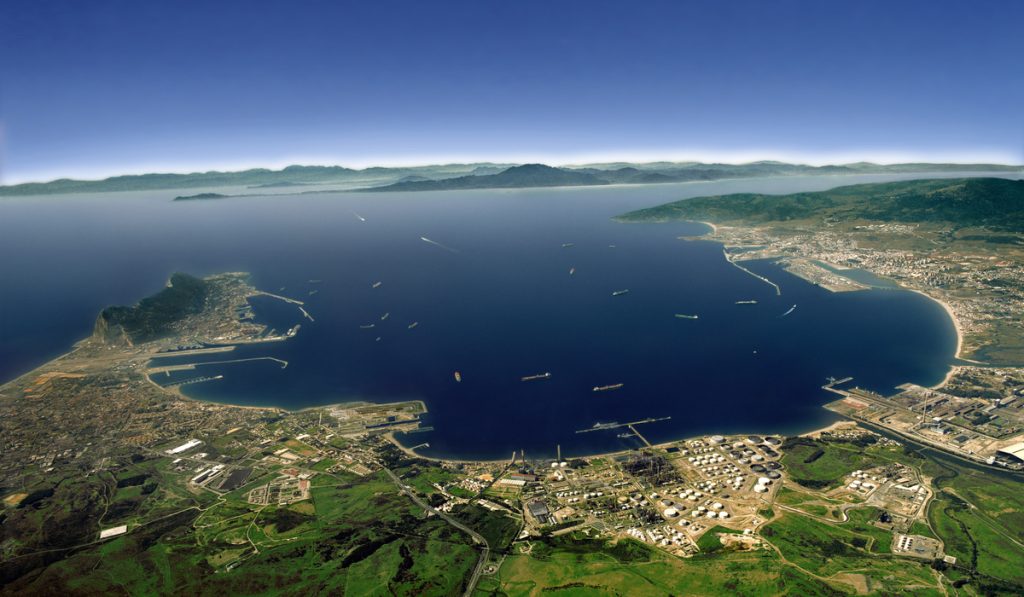
For almost a century, Moeve, previously Cepsa, has been servicing the world’s energy needs through traditional energy sources. In recognition of the rapidly growing need for clean energy, produced at scale, Moeve has undertaken a systemic shift under its transformational strategy, Positive Motion, to become a leading producer of green molecules this decade. Through an €8 billion investment plan, Moeve is focused on producing green hydrogen and second-generation biofuels to accelerate its own decarbonization and that of its customers.
Why are green molecules essential for the energy transition?
Around half of global energy demand cannot be decarbonized through electrification. To reduce CO2 emissions in energy-intensive applications such as heavy industry, chemicals, aviation and shipping, a green molecule is required.
Moeve is by origin a molecule company. From chemicals for plastics to fuels for planes, ships, and trucks, the company serves customers with molecules. Green molecules are more complex and challenging to produce and transport, but for a company with the technical expertise of Moeve, they present an opportunity to make an important difference where it is most needed. Moeve’s rebrand from Cepsa marks a historic milestone in the company’s journey and underscores its commitment to the energy transition.
How is Moeve accelerating decarbonization in Europe?
With a mission to be a benchmark in the energy transition in Europe, Moeve has divested 70% of its upstream assets and pledged to generate more than half of its operating profits from sustainable projects by 2030.
Moeve has already begun construction of a new second-generation (2G) biofuels plant in Huelva which will produce biofuels from waste and residues and form part of the largest 2G biofuels complex in Southern Europe. Moeve is already distributing sustainable aviation fuel, which can reduce carbon emissions by up to 90% over its lifecycle compared to conventional jet fuel, at seven major airports in Spain.
Moeve is developing the Andalusian Green Hydrogen Valley, one of the most ambitious green hydrogen hubs in Europe, which will have combined electrolysis capacity of 2 GW and produce up to 300,000 tons of green hydrogen a year. To enable the transportation of green hydrogen produced cheaply in the south of Spain to decarbonize operations in the North of Europe, Moeve is also forming a green hydrogen maritime corridor between the ports of Algeciras and Rotterdam.
Two other molecules have an important role to play in the decarbonization of the global energy system: green ammonia and green methanol. Moeve is developing the largest green ammonia plant in Spain with an annual production capacity of up to 750,000 tons and Europe’s largest green methanol plant with an annual production capacity of 300,000 tons, which will help save up to 1 million tonnes of carbon each year.
Find out more about Positive Motion.



